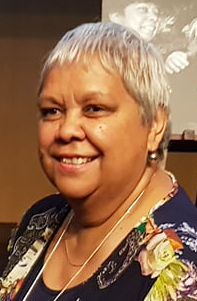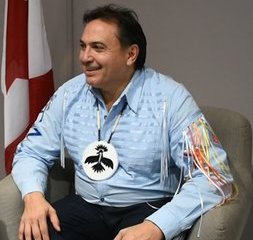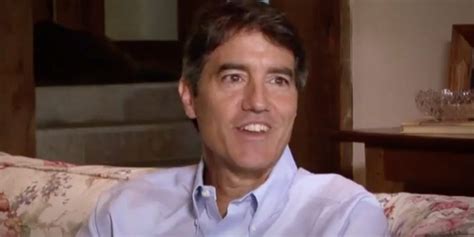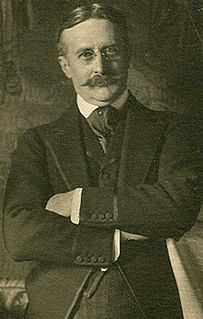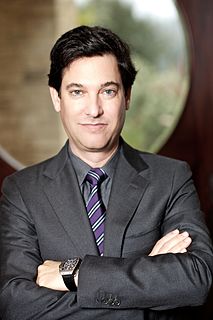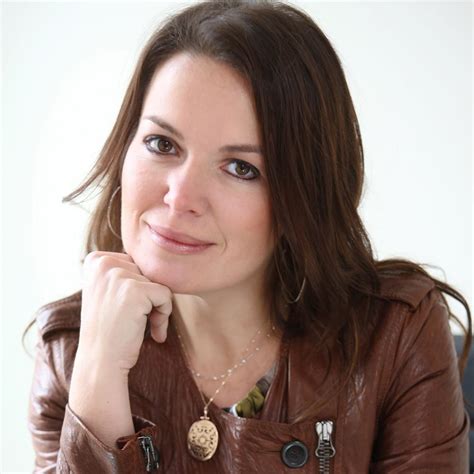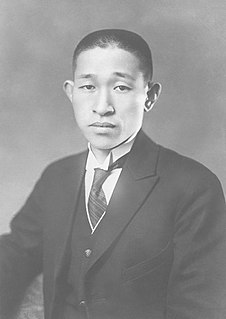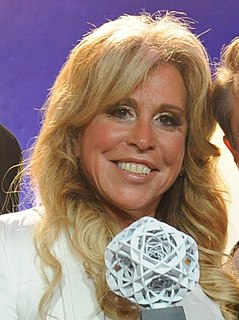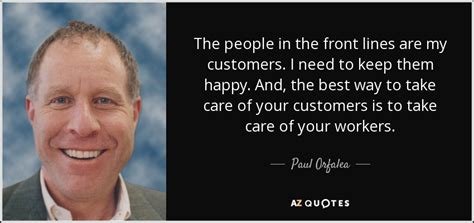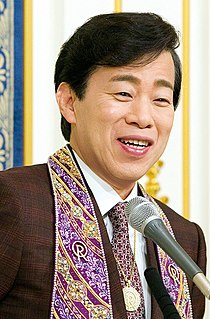A Quote by Rebecca Adamson
Using the latest in science and technology to shatter today's economic paradigm of 'insatiable individuals competing for scarce resources,' Planetary Citizenship brings us full circle to the ancient wisdom of indigenous peoples and the sacredness of creation.
Quote Topics
Related Quotes
Concern for the symbol has completely disappeared from our science . And yet, if one were to give oneself the trouble, one could easily find, in certain parts at least of contemporary mathematics... symbols as clear, as beautiful, and as full of spiritual meaning as that of the circle and mediation. From modern thought to ancient wisdom the path would be short and direct, if one cared to take it.
For Indigenous Australians, equal rights and citizenship have not always translated into full participation in Australian society. All Indigenous Australians have only been counted in the census since the 1967 Referendum. Even so, State protection and welfare laws continued to control the lives of Indigenous Australians and denied them equal rights, well into the 1970's.
Our supplies of natural resources are not finite in any economic sense. Nor does past experience give reason to expect natural resources to become more scarce. Rather, if history is any guide, natural resources will progressively become less costly, hence less scarce, and will constitute a smaller proportion of our expenses in future years.
China is a main energy consumer and, therefore, is also a big greenhouse gas emitter. We must use energy resources rationally and must conserve. This needs us to adjust our economic structure, transform the mode of development, to make economic development more dependent on progress of science and technology and the quality of the work force.
The importance of the term "genocide" for many Indigenous Peoples is that it is more than a term or an accusation; it is a word created in the wake of the Shoah in Europe to describe what happens when a people are targeted by a government for extermination, as were the Jews of Europe, and which is the term used in the most important international law related to concerned Indigenous Peoples, as the only international human rights law that pertains specifically to collectivities of people rather than individuals.
Concern for the fate of the great rivers of the earth must lead us to reflect soberly on the model of development which our society is pursuing. A purely economic and technological understanding of progress, to the extent that it fails to acknowledge its intrinsic limitations and to take into consideration the integral good of humanity, will inevitably provoke negative consequences for individuals, peoples and creation itself.
The incorrect supposition that we live in a world of scarce resources has done more than preclude most individuals from achieving economic success. Over the centuries, this zero-sum-game view of the world has been responsible for wars, revolutions, political strategies, and human suffering of unfathomable proportions.






